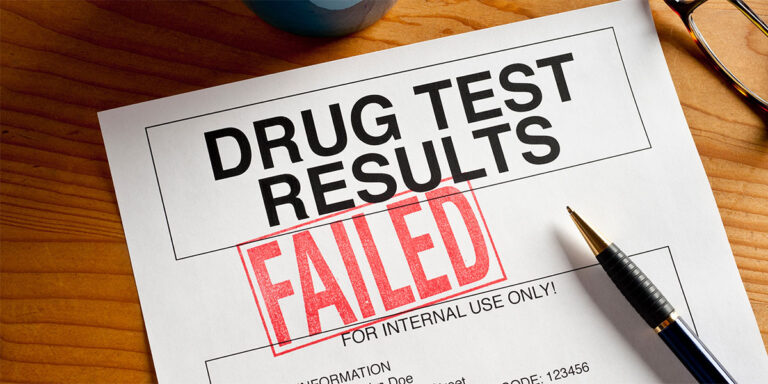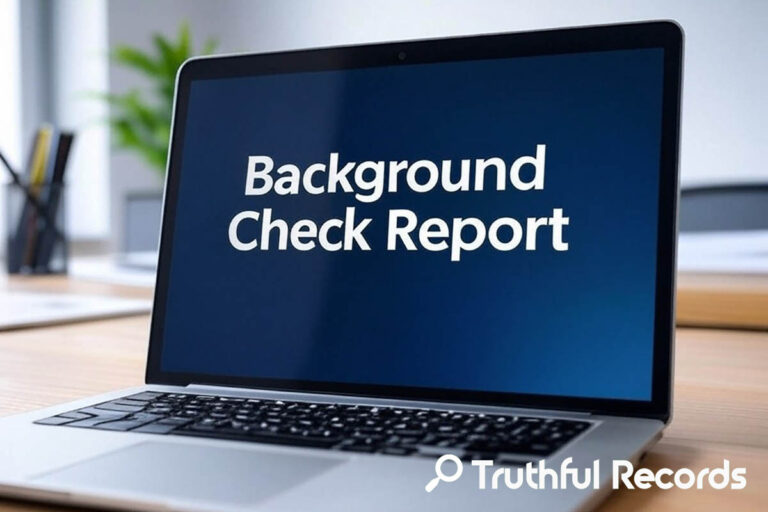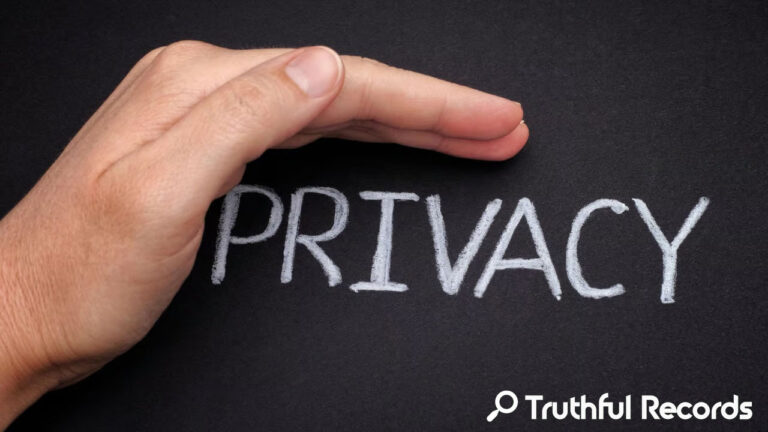Social Media Background Checks: What Employers and Individuals Need to Know

Can you believe that 92% of employers now check out candidates’ social media profiles before making a hiring decision? Our digital footprints have pretty much become a modern-day resume, giving employers insights that regular background checks just can’t provide. I’ve seen how one old, questionable post can totally mess up a great career opportunity! Whether you’re an employer thinking about adding social media screening to your process or a job seeker wanting to tidy up your online presence, it’s super important to understand how a social media background check works these days. Check out this helpful background check guide for more info!
What Is a Social Media Background Check?

A social media background check is when potential employers or hiring managers search through your social media accounts to learn more about you outside of the resume. They look into your posts, pictures and general activities to determine if you are a good match to their company culture and if there are any red flags they need to be mindful of. It’s sort of an extra layer of screening, and it’s becoming a fairly standard part of the hiring process.
Evolution of Digital Screening Methods
Initially, employers would just use resumes, references and criminal background checks to get to know candidates. But as social media has become such a huge part of everyone’s lives, employers have begun to factor it into their decision-making process. As social media platforms developed and matured over the years, so too did the way bosses use them to vet potential hires. From prospecting someone Facebook for fun, it became a legitimate tool for analyzing whether someone is appropriate for the office. If you’re wondering how it happened, read this story about digital background checks from the Society for Human Resource Management.
Platforms Most Often Reviewed in Background Checks
When employers conduct a social media background screen, they usually check the biggest platforms: Facebook, Twitter, Instagram, LinkedIn and even TikTok. These platforms provide a fair sense of your personality, interests and the way you communicate. LinkedIn, for instance, is a pretty professional platform, so employers will use it to vet your employment history and connections. Meanwhile, platforms like Instagram and Twitter may share a little more about your personal life and opinions. Just bear in mind, if you’re applying for jobs, you might want to tidy up your social profiles (or lock them down to private) so nothing surprises you later on. Read this guide on sanitising your social media profiles before poten tial employers at your door here.
Information Boundaries and Ethical Considerations
While social media screening can give employers more insight into who you are, there is an ethical line you should b e mindful of. Employers can’t just reach into every corner of your personal life (or profile your social media posts) and discriminate against you on issues like race and religion and gender. For instance, things like examining your social media for political opinions or your personal beliefs can fall into a gray area in terms of legality, particularly if it affects the hiring decision. Some jurisdictions have laws against this kind of discrimination. If you want to learn more about what employers can and can’t do when performing background checks based on social media, you can read more about the legal considerations here.
Integration with Traditional Background Checks
Social media background check is not the sole component. Employers often use them alongside more traditional checks, including criminal background checks, verifying employment history and checking credit reports. These more formal checks provide a deep dive into a candidate’s qualifications and legal history, while social media checks allow employers to assess personality and whether they would fit in with company culture. These, when done together, give the admissions team a fuller picture of who you are as a candidate. But there’s a balance − social media checks shouldn’t be a replacement for the traditional checks but rather a complement to them.
The Legal Landscape of Social Media Screening
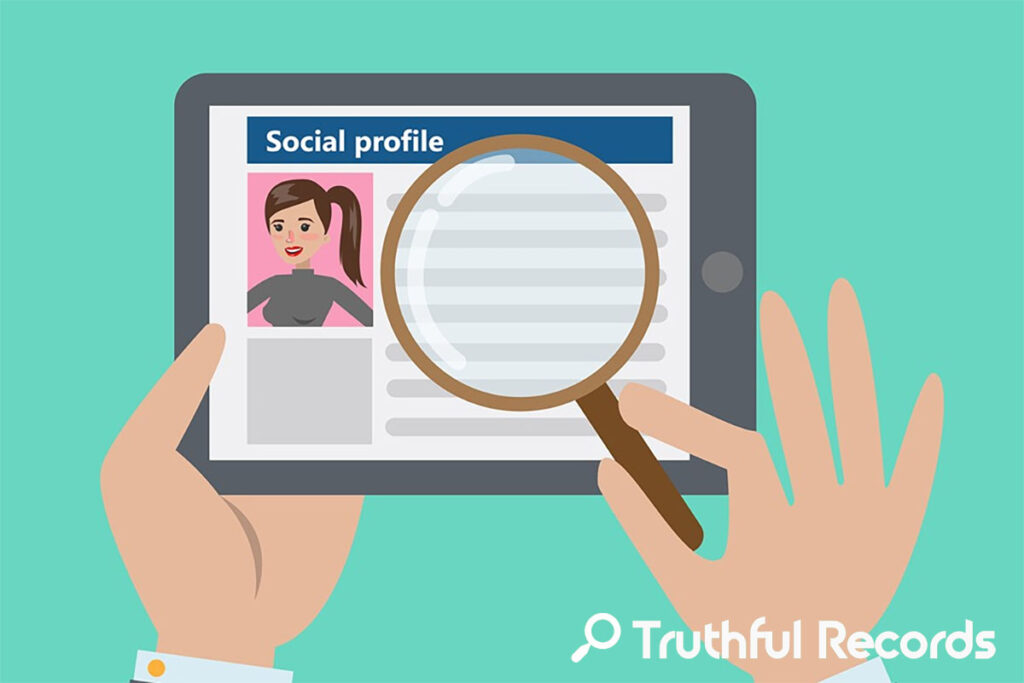
Fair Credit Reporting Act (FCRA) Considerations
Social media screening for hiring brings unique FCRA considerations. Employers rely on the FCRA, which tells them how to access personal information from third-party sources (including social media). If you are using a background check service to vet candidates’ social media profiles, you must be certain you are following FCRA regulations. That includes obtaining written consent from candidates, informing them about screening they may undergo and allowing them to challenge any information that could be inaccurate or damaging.
Regulatory Differences at the State and International Levels
The legality of social media screening also varies widely based on your location. In the U.S. some states have laws beyond the FCRA. Some states, such as California, have particularly strict laws on how personal information can be factored into hiring decisions, even restricting access to social media data. Outside the U.S., international laws — like the General Data Protection Regulation (GDPR) in the EU — govern how personal data can and cannot be collected, stored, and used even more stringently. One of the most important things employers need to know about these different regulations is how to avoid a legal headache.
Protected Characteristics and Discrimination Risks
One of the key risks of social media screening is the potential for discrimination. Profiles on social media can disclose a trove of personal information potentially including race, religion, gender, disability or age — categories protected by anti-discrimination laws. If an employer uses this kind of information to make hiring decisions, even inadvertently, they could be opening themselves up to lawsuits. Employers should proceed with caution and make sure they’re not using social media data in ways that could open themselves up to discrimination claims. That involves sticking to job-related criteria, as well as ensuring that the screening process is applied uniformly across all candidates.
Getting Valid Candidate Consent
Before you go for any social media screening, you need consent from the candidate, valid consent. The bottom line is transparency — let candidates know upfront that you review social media as part of the hiring process. Such consent must be explicit, informed and in writing, preferably as part of their application or pre-employment paperwork. Failing to do so could result in employers breaching privacy laws, consequently exposing them to penalties or challenges from unsuccessful applicants. Ensure that the consent process is clear, documented and easily available to avoid any legal pitfalls in the future.
How Employers Perform Social Media Background Checks
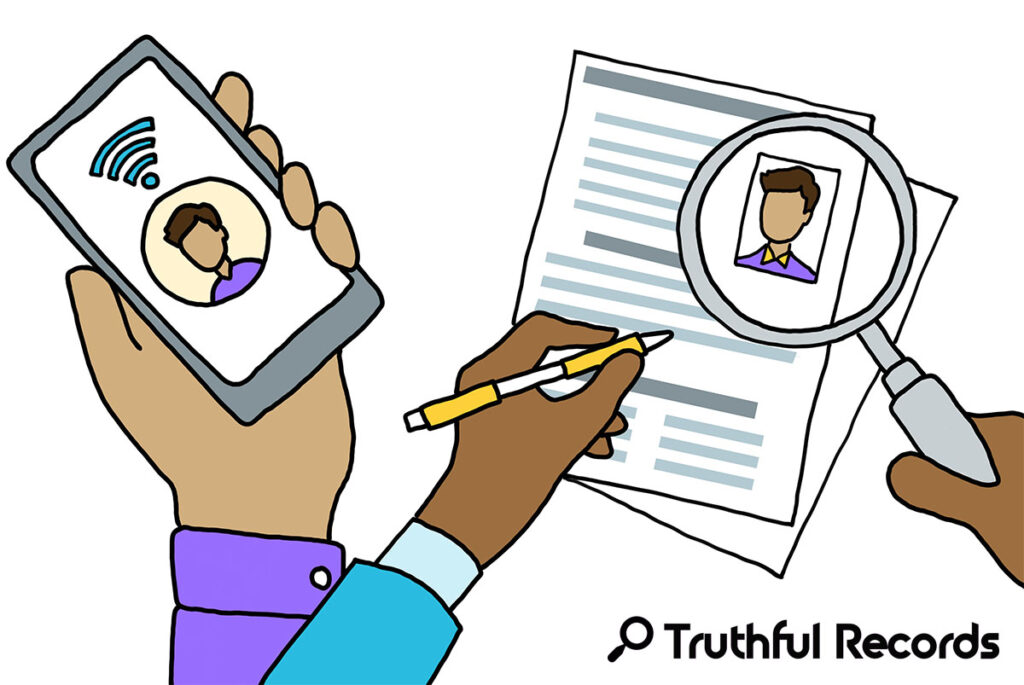
In-House Human Resources Screening vs. Professional Services
When employers choose to perform social media background checks, they typically have two main paths they can follow: do it internally via their HR and recruiting departments, or have the task performed by professional services. Internal screening does not refer to the hours that HR staff spend sifting through candidates’ social media profiles, which can be drawn out and prone to biases. In contrast, professional services are experienced at screening candidates’ online presence and typically produce more detailed, legally-acceptable reports. The selection mainly boils down to the size of the company, its resource availability, and the level of accuracy required in its screening process.
AI Screening Tools and Technology Solutions
Technology solutions and AI-driven tools have been a game-changer for social media screening in the last couple of years. These products can quickly scour social media accounts for relevant information, and deliver to employers reports on online behavior, reputation and other factors that might affect a candidate’s fit for a position. That’s the beauty of AI tools they can process a large amount of data looking for potential red flags and help save time for the employers. But they’re not bulletproof. AI tools should be regularly updated to comply with legal standards and ensure the social media data is interpreted in an impartial manner.
Social Media Screening Process Standardization and Implementation
For employers, it is vital to ensure consistency and compliance to standardize the social media screening process. This means that — just as is the case for banning on-platform misbehavior — there must be a clear, uniform policy for how social media will be screened, who is doing the screening, and what the criteria are for decision making. Having a standardized process lowers the risk of bias and ensures that each candidate is treated fairly. And it offers guidance on how to respond to any adverse findings, so you have a playbook for what to do if something worrisome is flagged.
Documentation Requirements Required for Compliance
Social Media background checks have a set of documentation requirements to adhere to laws like Fair Credit Reporting Act (FCRA). Employers are required to maintain comprehensive documentation of the consent obtained from candidates, any screening results retrieved, and any adverse actions taken based on social media findings. This documentation protects the employer should any candidate decides to dispute the outcome. Most employers are legally required to keep these records for a set period of time per local or federal law, in order to protect themselves should a claim arise.
What Employers Look For on Social Media
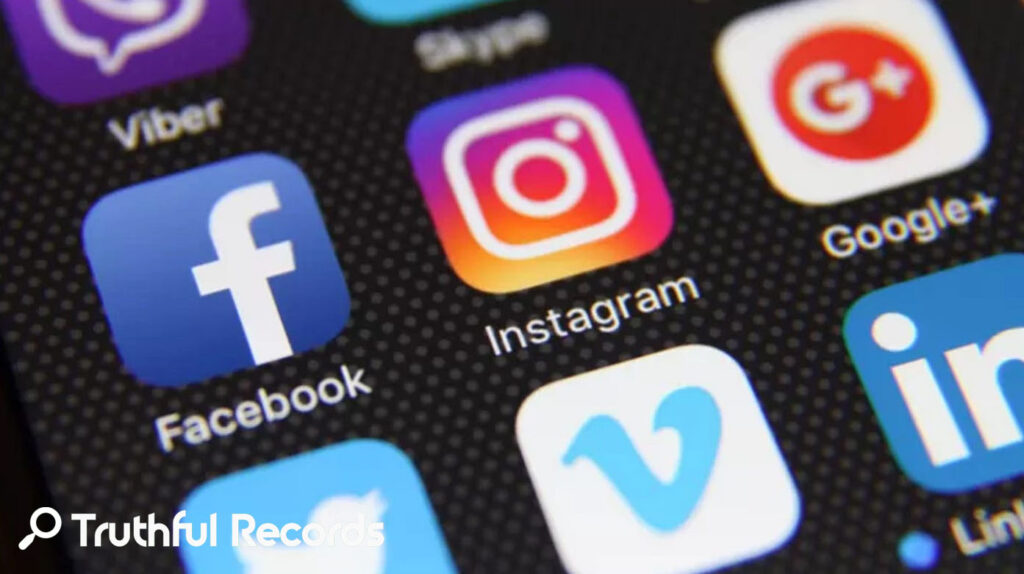
Information That Really Raises Red Flags
When employers look at candidate social profiles, they’re not simply checking out all the pretty pictures or funny social media posts—they’re looking for signs of red flags that may signal a challenge. Examples of such content concerns include inappropriate, offensive, or illegal posts, such as discriminatory comments, violent speech, or illegal activity. Employers are also wary of content suggesting a lack of professionalism, such as excessive partying or disrespect toward previous employers. In the end, they’re watching out for possible clues that could impact a candidate’s ability to blend in with the workplace or serve as a representative face of the company.
Signs of Positive Character and Cultural Fit
Conversely, employers also seek indicators that a candidate has a positive character and be a great cultural fit. They want to see proof of kindness, teamwork, and professionalism. Posts that showcase volunteer work, awards, or participation in community events can say a lot about a candidate’s values and work ethic. Employers might also pay attention to how someone engages with other people — whether they are respectful, collaborative, and generally easy to work with. It’s all about hiring people whose values are in alignment with the company’s mission and vision.
On Industry Specific Evaluating Criteria
Social media screening might look very different when it comes to different industries. For instance, a marketing professional’s social media presence may be sifted for creativity and knowledge of digital trends, while a candidate looking to get into finance may be examined for professionalism and discretion. Checking social media can also provide information about a candidate’s knowledge of the industry, passion for the field and even their tendency to stay current on trends. These criteria are used to evaluate whether candidates can succeed in a given industry and be a valuable team member in a given workplace.
Social Footprints to Validate Resume
Employers use social media to validate whatever you claim on the resume. For example, when a candidate says they worked on a specific project or held a particular role, employers may search for indications of that experience on LinkedIn or other platforms. Social media can also be a secondary reference check — employers might even use it to verify the skills listed on a resume or to get a sense of how a candidate speaks about work in public. If there’s a disconnect between a resume and social media footprint of a candidate, it would be cause for questioning the sincerity or integrity of the application.
How to Prepare Your Social Media for An Employer Screening

Do a Full Digital Audit
Before a potential employer has a chance to go over your social media, why dont you be the first one and do your own digital audit? That means combing through your online profiles to figure out what’s out there. See if there’s anything that might cause red flags — an old post, photo, or comment that no longer fits how you want to be seen. Your social media past could be used as an indication of your personality so it is better to take initiatives to make your social media cleaner. Consider it spring cleaning for your digital life — prune anything that doesn’t serve your professional image!
All-Around Privacy Management
Privacy settings are your best friend when it comes to controlling what employers can see. Each of the platforms has its own privacy settings, and you should ensure you are completely aware of what information you are making public and what you still keep private. Networks such as Facebook and Instagram let you manage who sees your posts, and LinkedIn is intended to be public-facing, so you need to make sure it’s polished and professional. It’s also smart to think about keeping your online personas separate—setting up private accounts for friends and family, and keeping your professional profiles focused on your career successes.
Creating a Professional Brand Online
In today’s job market, creating a quality, professional brand online is critical. That doesn’t mean don’t post fun stuff, but it does mean you need to reflect your skills, experience, and expertise in your profiles. Platforms like LinkedIn lend themselves to this, but even Instagram and Twitter can reflect your professional side when arranged a certain way. Post updates that can be news in your industry, your professional achievements and events related to your professional goals. Your online brand is like a digital portfolio, so take advantage of it to show what you’re all about!
Tools for Your Historical Content
Dealing with historical content can get complicated, and it’s especially so if you have been online for some time. Fortunately, there are tools that can help keep you organized. Google Alerts can let you know if anything related to your name appears, and tools such as the Wayback Machine can help you recover deleted or old versions of your old profiles. Social media management platforms like Hootsuite or Buffer allow you to prepare and preview your posts in advance to help keep you focused on only the most relevant content for your audience. By managing your history with these tools, you can also maintain more control over what employers can see.
Social Media Background Check Best Practices
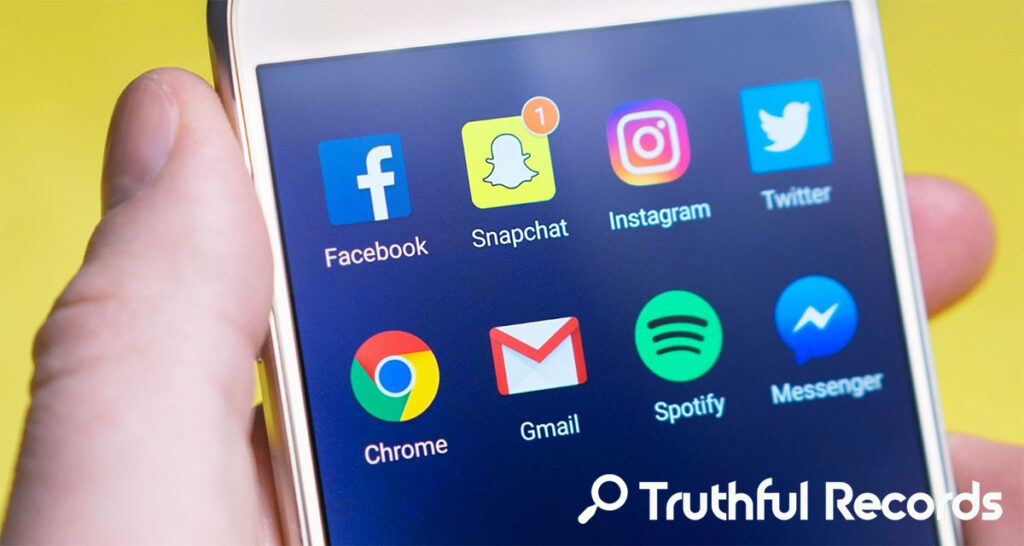
Developing a Written Screening Policy
When doing social media background checks, it’s important to have a clear written policy. This policy should explain what you’re looking for, how you’ll do the check, and which social media platforms you’ll look at. Having a clear policy helps make sure everyone is evaluated the same way and reduces legal risks. It should also explain how the social media results will affect hiring decisions, so both candidates and the hiring team know what to expect.
Training Personnel on Proper Evaluation Methods
It’s very important to make sure everyone doing the social media checks is properly trained. Checking someone’s social media isn’t just about scrolling through their posts. There are legal rules and potential biases to think about. Training helps staff know the right way to look at social media, making sure they don’t let personal opinions or unrelated information affect their judgment. It also teaches how to spot any red flags and handle them professionally, following company rules.
Implementing Consistent Decision Documentation
One of the best practices for social media checks is to write down every decision made during the process. This means noting any concerns from social media findings and how those concerns were handled in the hiring process. Keeping good records shows why a candidate was or wasn’t chosen based on their social media. This helps avoid discrimination claims and keeps the hiring process open and fair.
Ethical Guidelines for Digital Screening
Building ethical guidelines for digital screening is important if employers want to do social media background checks the right way. Employers need to be careful, as social media can sometimes reveal protected information like age, race, or disability. To stay fair and avoid bias, companies should have clear rules on how they use social media data. It’s key for employers to focus on job-related qualities, not personal details, and to respect privacy while doing digital screenings.
Conclusion
Social media background checks have changed the hiring process. They bring both benefits and challenges for employers and job seekers.
These checks can give important information about a candidate’s character and decision-making. However, they need to be done carefully, fairly, and legally.
By having clear rules for social media screening, companies can make better hiring choices while still respecting candidates’ privacy.
If you’re looking for a job, take control of what’s on your social media. It could affect your future job opportunities!



